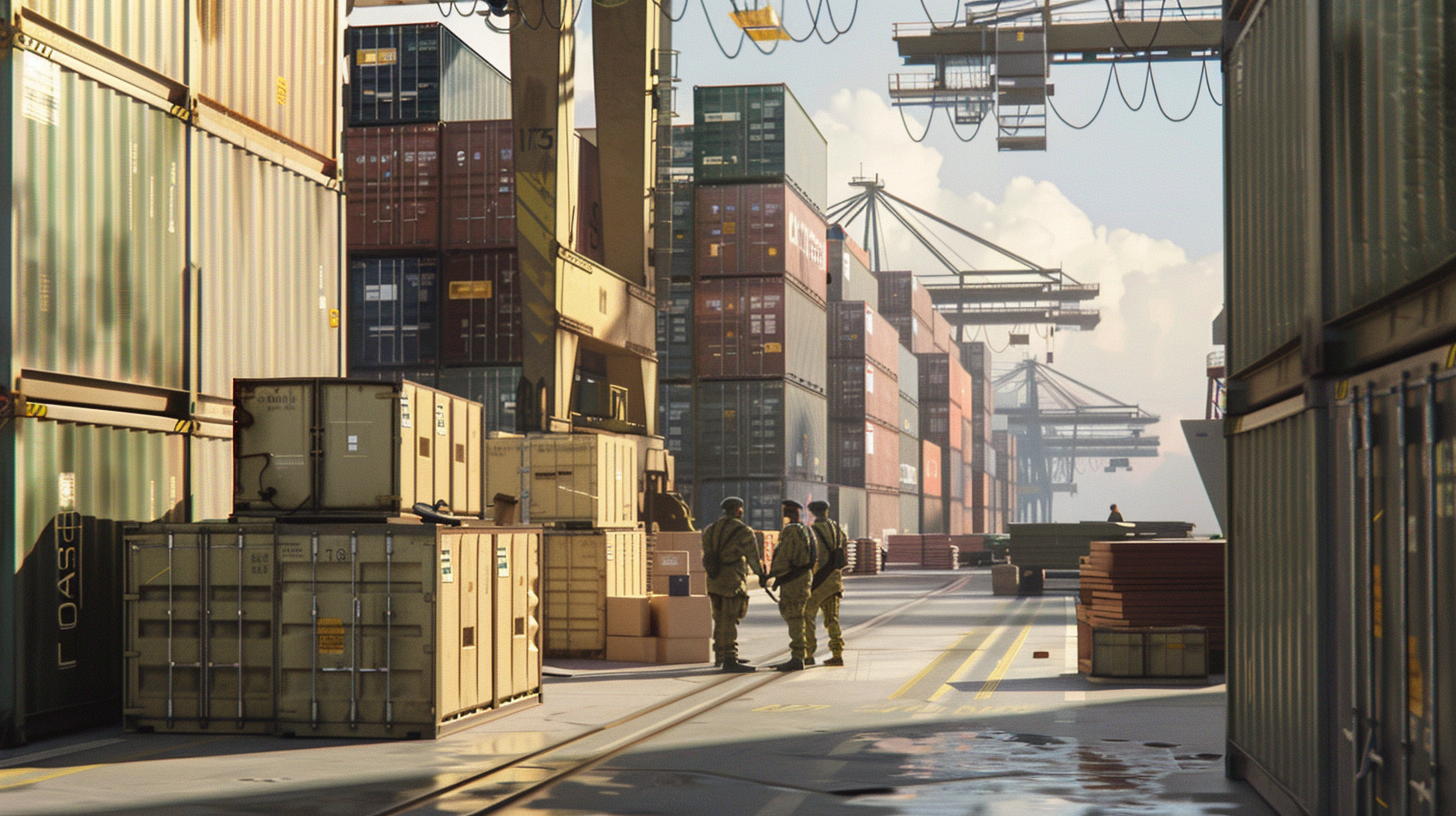- Why It Matters: The interception of a significant amount of cannabis from Thailand by Philippine customs highlights the ongoing global debate on cannabis laws and enforcement.
- The Big Picture: This incident underscores the complex dynamics between international narcotics control and the growing movement towards cannabis legalization and decriminalization.
- Driving The News: The seizure of P76 million worth of dried marijuana from Thailand puts the spotlight on the need for evidence-based drug policies.
MANILA, PHILIPPINES – In a significant operation that has reignited discussions on cannabis policy and regulation, the Bureau of Customs (BOC) at the Manila International Container Port (MICP), in collaboration with the Philippine Drug Enforcement Agency (PDEA), intercepted a shipment from Thailand containing dried marijuana, also known as kush, valued at approximately P76 million. The contraband was discovered inside five balikbayan boxes, which contained two smaller boxes each.
The Customs Intelligence and Investigation Service (CIIS) of the MICP acted on derogatory information regarding a shipment suspected of containing illegal drugs and items that were misdeclared or underdeclared. MICP District Collector ROMEO ROSALES promptly issued an alert order for the shipment in question.
Upon conducting a 100% physical examination on February 27, 2024, officials uncovered roughly 63,360 grams of dried marijuana. According to the PDEA, the seized substance has a standard drug price of PhP1,200.00 per gram. An ongoing investigation aims to uncover if additional illicit substances or prohibited items are hidden within other balikbayan boxes.
Commissioner BIENVENIDO RUBIO lauded the efforts of the MICP and CIIS, stating, “Over the past year, the BOC has consistently demonstrated dedication in thwarting the infiltration of controlled substances across our borders. The commendable success of this operation sends a resounding message that we will not be stopped in our fight to protect the nation from the dangers of illegal drugs.”
This incident not only highlights the vigilance of Philippine customs and drug enforcement agencies but also raises important questions about the current state of cannabis laws and policies. While the Philippines continues to enforce strict anti-drug laws, this large seizure from Thailand – a country that has recently made significant changes to its own cannabis policies – underscores the need for a dialogue on evidence-based drug policies.
Experts argue that distinguishing between illicit trafficking and the potential medical and economic benefits of cannabis is crucial. Data from countries that have legalized or decriminalized cannabis indicate potential benefits in terms of reducing crime rates, boosting tax revenue, and improving public health outcomes.
As the debate continues, this incident serves as a reminder of the complexities surrounding cannabis regulation and the importance of basing drug policies on scientific evidence and public health principles.
Read the original article on NewsLine Philippines.
